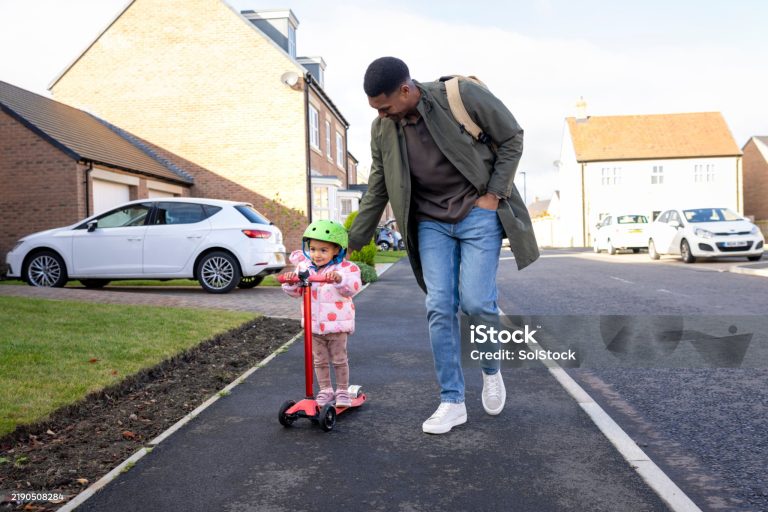
In a culture that often rewards speed, decisiveness, and measurable output, soft skills like empathy can feel like background noise. We celebrate those who “get things done,” who thrive in high-pressure environments, who can out-negotiate and outperform. But in doing so, have we edged out one of the most human capabilities we have? Empathy—our ability to understand and respond to the feelings of others—has quietly been pushed to the margins in many parts of public and professional life.
And yet, the cracks are showing.
The Quiet Power of Empathy
Empathy isn’t loud. It doesn’t demand attention in the way assertiveness or ambition does. It’s not easily quantified or bullet-pointed on a résumé. It shows up in how someone listens, how they respond when a colleague is struggling, how they communicate under pressure. It’s not a skill you can fake well—or for long.
But just because it’s soft doesn’t mean it’s weak. In fact, it often takes far more strength to empathize than to dominate. In a world that increasingly runs on transactions—whether financial, emotional, or digital—empathy invites us to pause, reflect, and connect.
When you peel back the mechanics of any healthy workplace, classroom, home, or friendship, empathy is usually there in the foundation. It’s just that it rarely gets the credit.

When Empathy Becomes Optional
There’s a disconnect between how much we say empathy matters and how we actually value it day to day. In hiring, leadership, and even education, we often treat empathy as a “nice-to-have” rather than a “must-have.” We call it a “soft” skill—as if softness is inherently less essential than structure or strategy.
In high-stakes environments, empathy can even be viewed as a liability. People are told to “toughen up,” “not take things personally,” or “keep emotion out of it.” These phrases, often spoken with good intent, contribute to a broader culture that favors emotional detachment over emotional literacy.
But here’s the irony: some of the biggest problems we face—at work, in politics, in healthcare, in our personal lives—don’t stem from a lack of intelligence or efficiency. They come from poor communication, misunderstanding, defensiveness, and a failure to recognize each other’s realities.
That’s not a problem of competence. It’s a problem of connection.
Digital Lives, Diminished Skills?
There’s growing concern that our increasing reliance on technology has further diluted everyday empathy. Text-based communication strips away nuance. Social media incentivizes outrage and sarcasm over understanding. Algorithms reinforce our biases, making it easier to view “the other side” as caricatures rather than people.
In fast-moving digital environments, the subtle skills of empathy—body language, tone, eye contact, timing—often don’t get the space they need. We scroll past pain. We swipe away complexity. And slowly, the muscles that build empathy—curiosity, patience, vulnerability—start to atrophy.
It’s not that people have stopped caring. It’s that our cultural architecture doesn’t always support caring in real time.
Empathy at Work: Buzzword or Backbone?
Many organizations now cite empathy as a core value. It’s painted on office walls, printed in HR manuals, spoken in keynote speeches. But the real test is whether empathy is practiced when it’s inconvenient—during layoffs, in tense negotiations, or when an employee quietly struggles with burnout.
Leaders who can lead with empathy don’t just boost morale; they often see better results. Teams communicate more openly. Problems are addressed sooner. There’s less fear and more trust. That said, empathy doesn’t mean avoiding hard decisions—it means making them with care and clarity.
Still, in many workplaces, people feel pressure to appear emotionally neutral. Especially in male-dominated industries or hyper-competitive fields, showing empathy can be read as a weakness. But perhaps it’s time we reframe emotional intelligence not as an accessory to leadership, but as one of its core strengths.
A Gendered Burden?
It’s also worth noting how empathy is unevenly distributed and expected. Women are more frequently praised for being empathic—but they’re also expected to carry the emotional labor of others, often without recognition. In families, offices, classrooms, and friendships, women (and particularly women of color) often find themselves managing not just their own emotions but the emotional needs of those around them.
Empathy, when gendered this way, becomes both weaponized and undervalued. Men, meanwhile, are often discouraged from developing emotional literacy at all—until they’re in crisis.
For empathy to be truly respected, it must be de-gendered, de-tokenized, and viewed as a universal strength, not a personality trait for the “sensitive” few.

Teaching Empathy, or Relearning It?
Empathy is not just inborn—it’s teachable. But like any skill, it needs practice. Schools are beginning to introduce social-emotional learning programs. Companies are running “empathy workshops.” But for many adults, it’s less about learning and more about remembering.
Children are naturally empathic. They ask questions. They cry when others cry. They sense mood changes. It’s the world that teaches them to override that instinct with competition, conformity, and fear of judgment.
Relearning empathy often means stripping away the layers we’ve built up to survive. It means slowing down enough to pay attention. Listening not to reply, but to understand.
The Case for Softness in a Hard Time
We live in a world full of complexity: economic strain, political division, climate anxiety, technological acceleration. It’s no wonder many people feel guarded, suspicious, emotionally depleted. But in this very environment, empathy is more needed than ever—not in abstract statements, but in the micro-moments of everyday life.
It shows up in the pause before a quick judgment. In the question asked rather than assumed. In the text sent just to check in. It shows up in parenting, leadership, customer service, activism, caregiving, teaching, and friendship. It doesn’t need applause. But it does need space.
We don’t need everyone to be a therapist. But we could all stand to be a bit more human.
In the end, maybe empathy isn’t just a soft skill in a hard world. Maybe it’s the very thing that makes it bearable.



